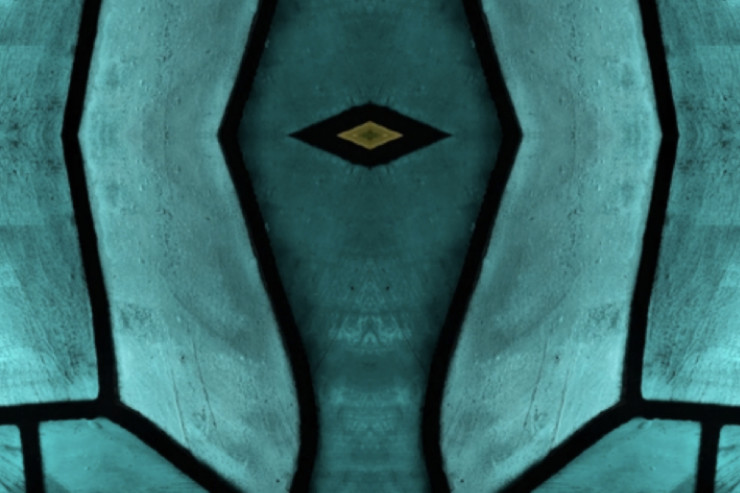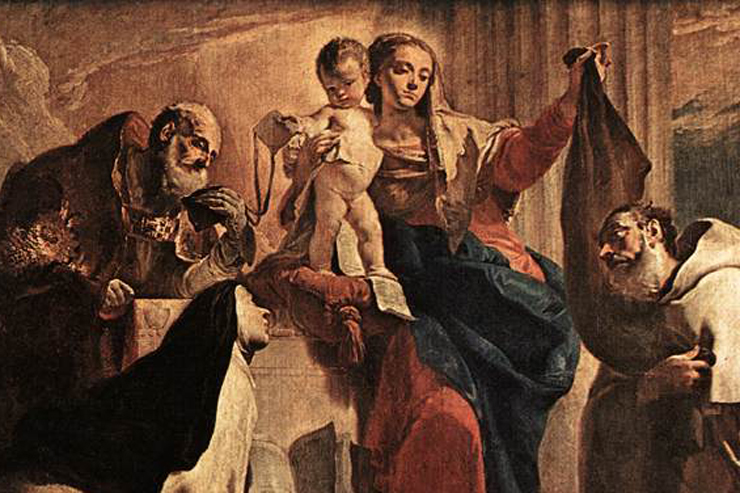
This week’s poem in the Catholic Poetry Room is by Bruce Phenix.
Ever-Present
With God, in the beginning, was the Word –
his spirit and the first ‘I am’ that stirred
all things to life and hovered like a bird
above the deep. He tested Abraham,
who in a thicket found a waiting ram.
In Egypt, through a sacrificial lamb,
he freed his people. He was in the cloud
on Sinai, in a trumpet blast so loud
that on the plain the trembling Hebrews bowed,
yet met Elijah in a still small voice.
His presence made the psalmist’s heart rejoice,
and pleasures evermore attend his choice
to dwell between the cherubim. In grace
he sent his only son to share this place
of tribulation with our fallen race –
the Word becoming flesh, the destined lamb
who died yet lived – and, as for Abraham,
‘Before he ever was,’ he said, ‘I am.’
And so the Word that hovered on the wing,
the ever-present yet returning king,
has made, and makes, and shall make angels sing.
Bruce Phenix was born in Birmingham, England, where he still lives. After studying Classics at Oriel College, Oxford, he worked as a civil servant until his retirement in 2021. He has a longstanding interest in foreign languages and other cultures and in translating and writing poetry. His books include The ‘Rimas’ of Gustavo Adolfo Bécquer and Ballads and Sonnets of Javier del Granado (the Bolivian Poet Laureate). His translations of Spanish, Swedish and Latin poetry have appeared in British and Swedish magazines and in the Norton Anthology of World Masterpieces, and he has taken a particular interest in the Swedish poet Karin Boye. He won the Yeats Club’s 1989 Catullus Award for the best translation from an ancient language and was awarded diplomas by the Consistorio de la Gaya Ciencia and the Universidad Mayor de San Simón in Bolivia for his translations of Spanish poetry. His long poem on the life of King David and other Bible-inspired poetry and prose have appeared on the FaithWriters website. His wife is Chinese and has encouraged him to take an interest in Chinese classical poetry.













